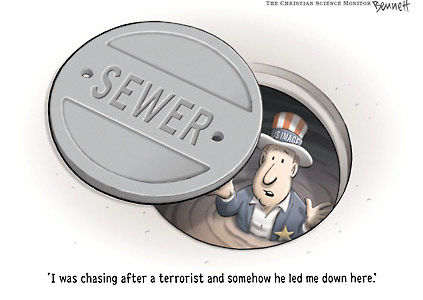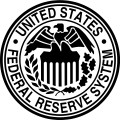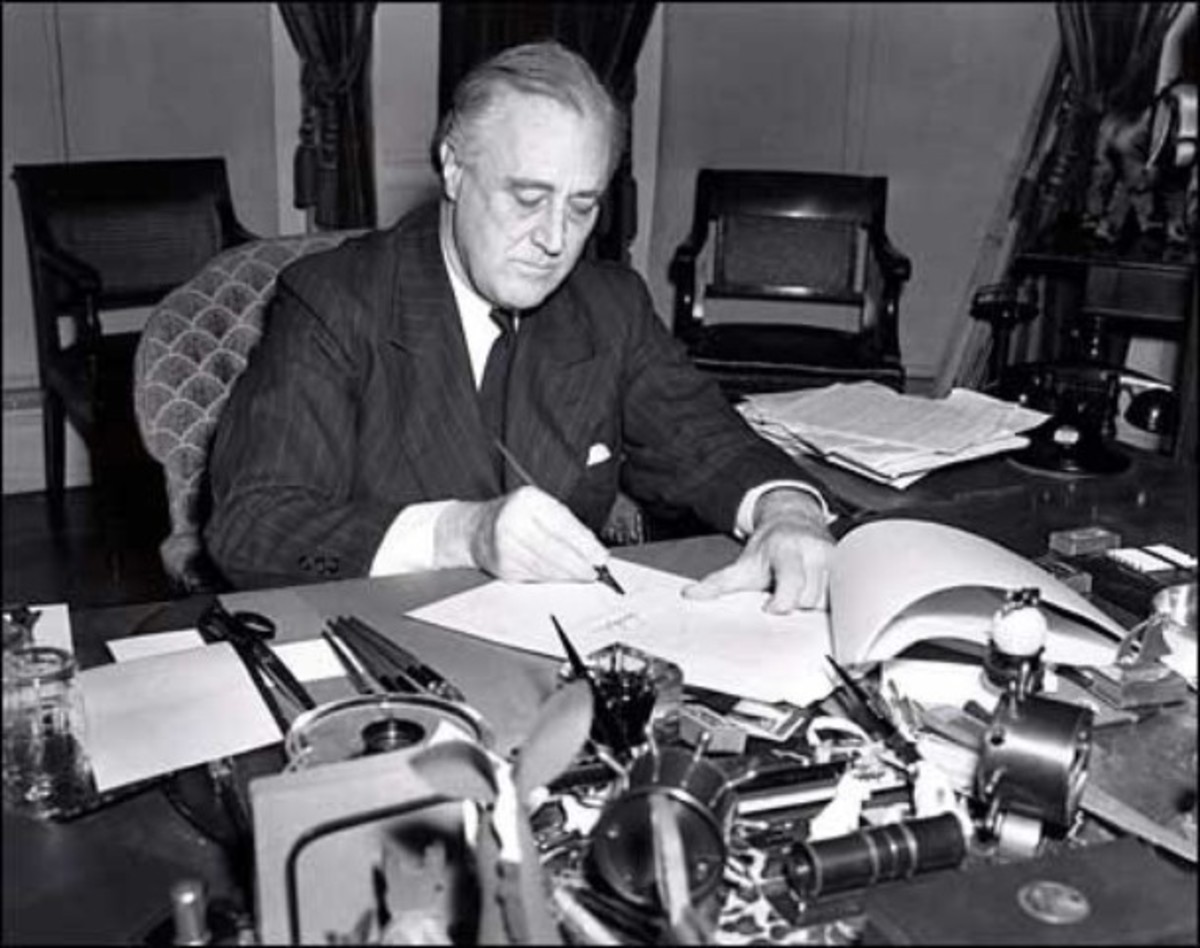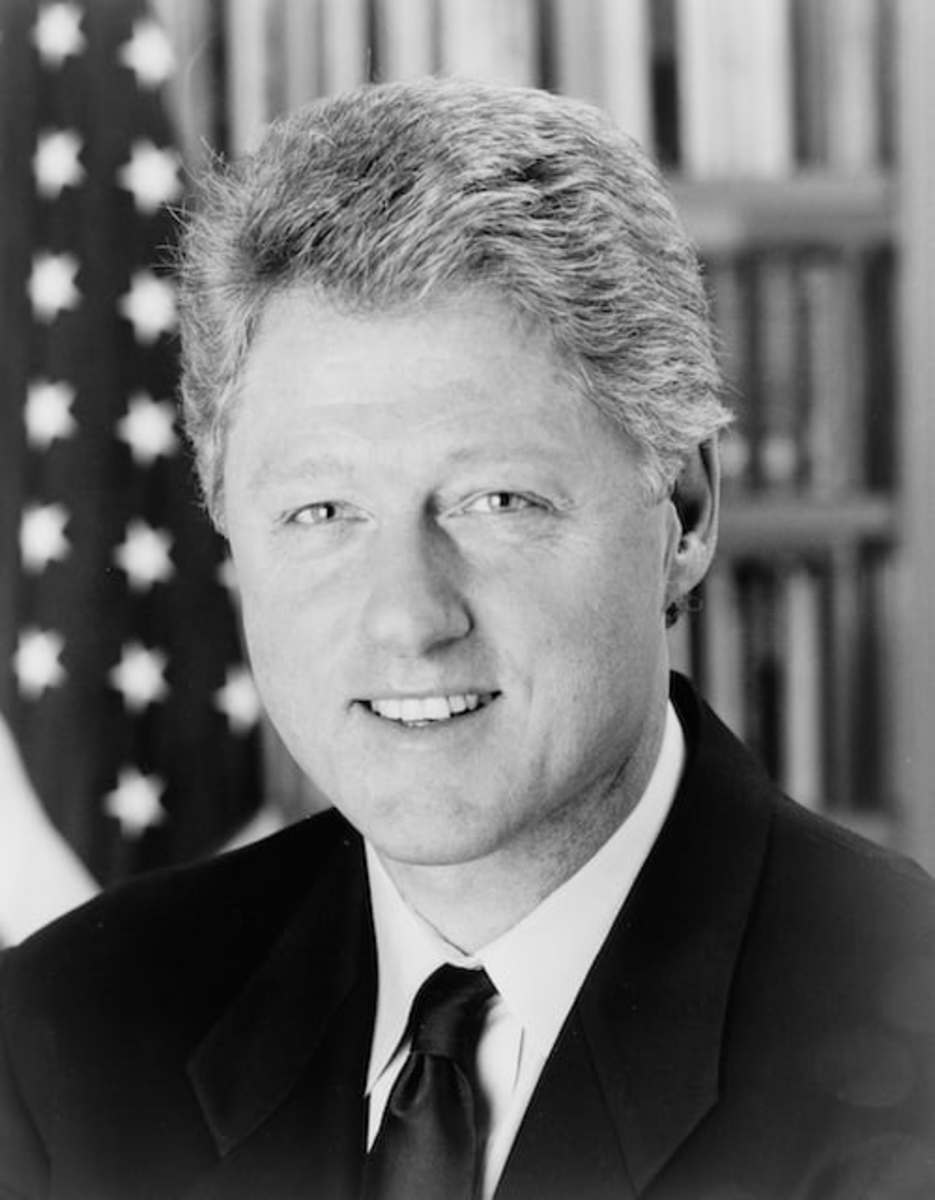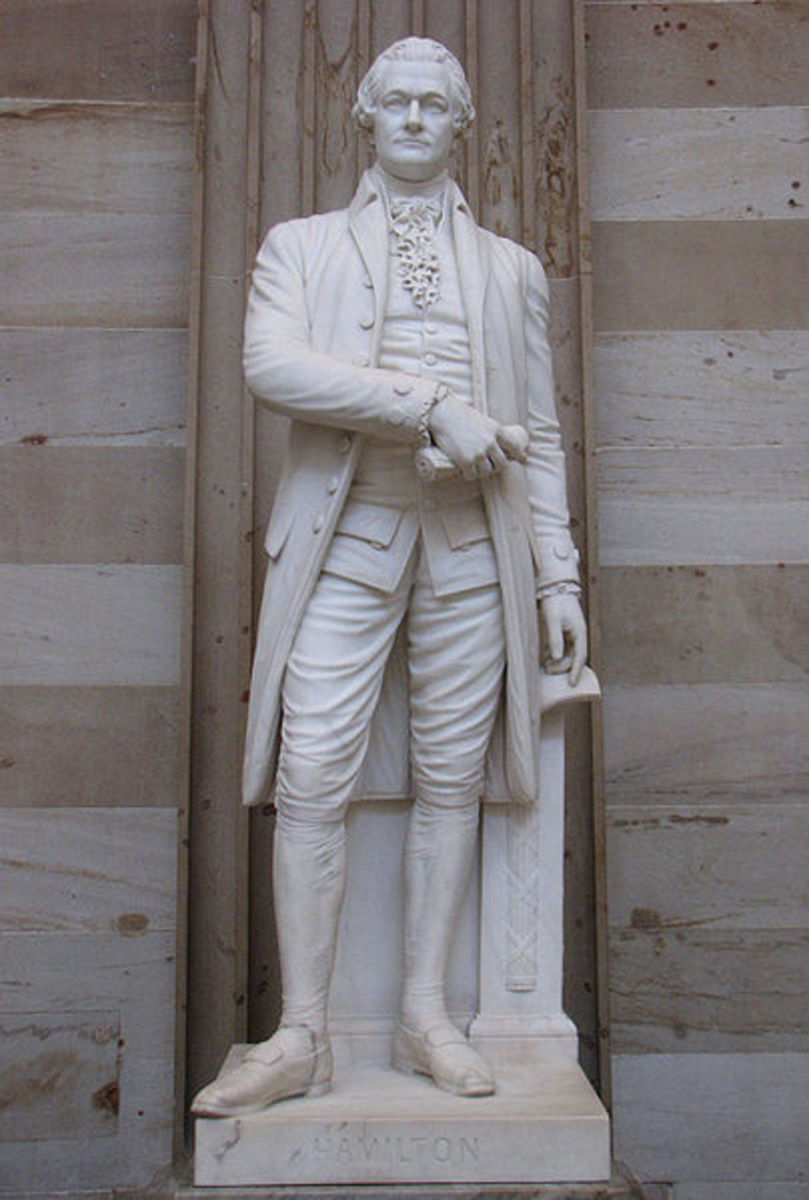Ethics in Covert Action
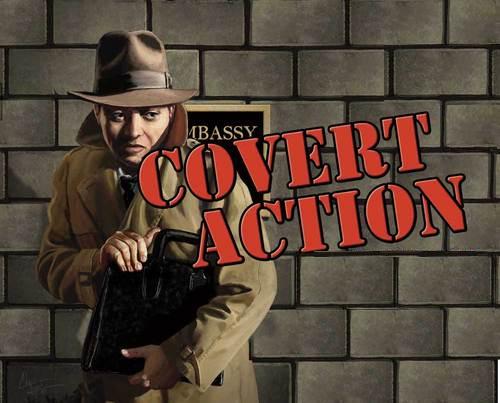
People come from a variety of backgrounds with a variety of personal moral codes and ethics. In the intelligence disciplines that involve the human element, one must have a certain degree of moral flexibility. Looking a source in the eye and lying to them may be wrong but perhaps it would it be more wrong to allow a convoy to roll blindly into an ambush because the collector was ineffective. I would consider it negligence and an act by omission of disloyalty. Stockwell discusses instances were U.S. personnel took things a step further and broke Laws in smuggling heroin and weapons.
Congress defines covert action as:
…“an activity or activities of the United States Government to influence political, economic, or military conditions abroad, where its intended that the role of the United States Government will not be apparent or acknowledged publicly.” (Cummings, 2006)
If I were funding, organizing and equipping a death squad that killed around 50,000 people as we did in South America (Stockwell), I probably wouldn’t want too many people to know about it. There are, of course, other categories of covert action that focus on working a particular “angle.” For example, economic covert action is geared towards keeping target countries in just the right spot where they don’t have enough money to launch their own covert action or start a war against the sponsor country and yet are not in such economic ruin that we have to bail them out. Covert media action is more like the Army’s Psychological Operations, it can be used to put a positive spin on things and show them in a favorable light, or do the opposite if deemed appropriate. Covert Political action is intended to influence another government’s policies and actions whereas Covert Military action is geared towards achieving military objectives in a target country by doing things like training and/or equipping guerillas. Of course as mentioned above, all these missions are to be carried out without the U.S. acknowledging its involvement. (Ogden)
I’m not one for imposing my moral compass on others, but below are a few considerations that I feel people should take into account when they aren’t sure of what to do. It’s better to figure it out before because in a crisis, decisions are made based on a lot of thinking that’s already been done.
Guidelines for personal ethics
1. If I do this, will I be able t o sleep at night?
2. Will this do more harm than good?
3. Is the risk worth the gain?
4. Success is measured by what you have to sacrifice to attain it; will the cost (human lives, collateral damage, etc…) be worth it?
5. Understand your mission and its objective, you may do things that are “wrong” but are still the lesser of two evils
6. If you have qualms about what you need to do, pull yourself off the mission before you’re in too deep.
7. Decide how far you’re willing to go personally to accomplish the mission
8. Decide beforehand how much you’re willing to endure for not playing along. (Tongue-lashing, Adverse fitness report/evaluation, NJP, Courts Martial, etc…) If it’s that serious, stand by your decision.
9. How would I view things if the situation were reversed?
10. What could happen tomorrow if I choose not to act today?
There are no right or wrong answers; just things to consider.
Was this hub helpful to you? If so, Please Click here
REFERENCES
Cumming, Alfred. Covert Action: Legislative Background and Possible Policy Questions. CRS Report for Congress, Washington, D.C.: Congressional Research Service, 2009.
Information Clearing House. Americas Third World War. October 1987. http://www.informationclearinghouse.info/article4068.htm (accessed June 01, 2010).
Ogden, Kieth. "A Quick Look at Cover at Action." Charles Town, WV: Kieth Ogden, January 01, 2006.
